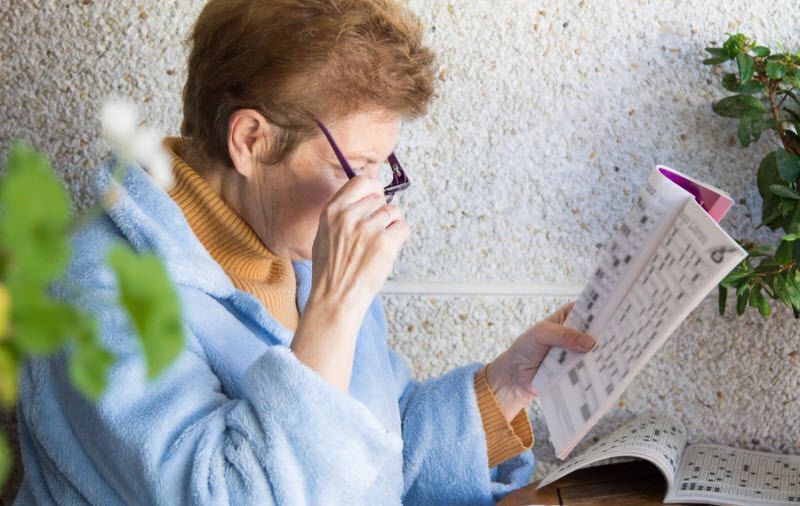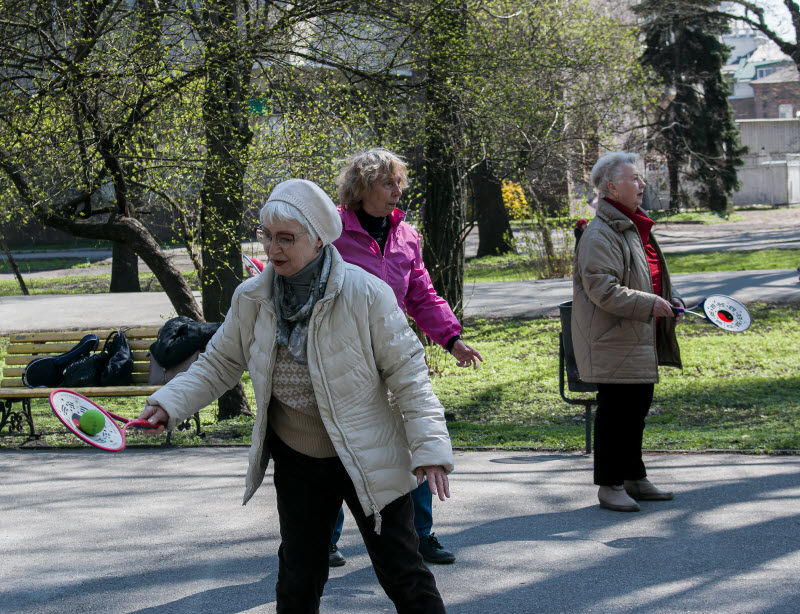Why learning about dementia is key to improving caring strategies
Learning about dementia is one of the best ways the carers and families of those living with dementia can build the confidence and skills necessary to really improve the lives of those they are caring for.
By taking away a lot of the myths about the condition, carers and families can not only cope better, but embrace this new life stage with clarity and peace of mind.

What is dementia?
Despite what many believe, dementia is not a disease. It is a collective term for a group of conditions that are characterised by damage to an individual’s brain cells.
When brain cells are damaged, this affects communication between the brain cells, and when brain cells cannot communicate normally, this can affect thinking, behaviour and feelings.
That’s why dementia can include symptoms such as forgetfulness, irritability, personality changes and memory loss.
Who gets dementia?
There are nearly 500,000 people in Australia currently living with dementia. While most of these people are older than 65, it is important to remember that not all older people get dementia, and it is not considered a normal part of ageing.

What causes dementia?
There are over 120 different conditions of brain change that fall under the name dementia, and each has its own causes.
As the brain has different, and distinct, regions that are responsible for different functions, when cells in a particular region are damaged, that region cannot carry out its functions normally.
Different types of dementia are associated with particular types of brain cell damage in particular regions of the brain.
For example, Alzheimer’s disease is a common type of dementia and is characterised by high levels of certain proteins inside and outside brain cells, which make it difficult for brain cells to communicate with each other.
The brain region called the hippocampus is often the first to be damaged, and as this is the centre of learning and memory in the brain, memory loss is often one of the earliest symptoms of Alzheimer’s.

What can be done to help?
Because dementia affects every person uniquely, person-centred care is essential for assisting those living with dementia to maintain a sense of self and purpose in life, particularly for those living in aged-care facilities.
Personalised dementia care is central to everything we do at Dementia Detailing. We create tailored care pathways that promote positive experiences for those living with dementia, their families and healthcare providers.
Some pharmaceutical treatments can temporarily slow the worsening of dementia symptoms and improve the quality of life for those living with dementia.
Get in touch with Dementia Detailing
Whether you are a dementia care professional or a family member of a loved one living with dementia, we can help you gain clarity and experience peace of mind. Contact us to start the conversation.

